American Art Therapy Association
Advancing art therapy as a regulated mental health profession and building a community that supports art therapists throughout their careers.




What is Art Therapy?
Art therapy uses active art-making, the creative process, and applied psychological theory—within a psychotherapeutic relationship—to enrich the lives of individuals, families, and communities.

Find an Art Therapist
Art therapists are mental health clinicians with Master’s degrees or higher that serve clients in different settings—from medical institutions and schools, to wellness centers and independent practices.

Join Our Community
With our members, AATA has been the leading voice for art therapy for more than 50 years, advocating for the profession, supporting the next generation of art therapists, and advancing mental health for everyone.
Become a member today!
AATA’S 56th Annual Conference
Join us for AATA2025!
In person, Oct. 8 – 11, in Portland, Oregon.More than 120 CE sessions in nine subject tracks.
Virtually, October 25 – 26.Join us from anywhere, or watch On Demand.
Early Bird discounted registration is open!
Upcoming…
Job seekers can confidentially post resumes, search current job listings, and get job alerts via email—for free! Employers can post art therapy jobs and review applicant resumes all in one place.
AATA Online Learning Academy
Earn Continuing Education credits by taking virtual courses taught by some of the world’s leading experts and practitioners in art therapy. Check out our updated and redesigned platform, featuring more than 420 courses, which AATA offers virtually, both live and
on-demand.


Introducing Affiliate Membership!
Is your organization, company, or program interested in supporting mental health and the arts?
AATA’s Affiliate Membership program enables organizations, companies, and educational institutions to join our community and broaden their reach to
art therapists around the world.
Advocacy
Together with our chapters and members, AATA advocates for the profession, the communities art therapists serve, and mental health care for everyone.

Supporting Art Therapy Licensure
Achieving art therapy licensure is a core part of AATA’s mission. Find out more about how licensure helps protect the public from harm and fraud; and provides title and practice protection for art therapists.

Advancing Mental Health
AATA prioritizes mental health policies—particularly for the communities art therapists serve—and access to mental health care, partnering with other mental health, arts, and education organizations.

Becoming an Advocate
Anyone can advocate for better access to art therapy, improved mental health, the arts, and more! Join us!
Diversity, Equity & Inclusion
Strategic Plan
Learn how DEI is incorporated in AATA’s 2021 – 2023 Strategic Plan.
Scholarship
Student and professional members are encouraged to apply for research and education scholarships.
DEI Report
Read the findings from the 2021 DEI Listening Sessions and online survey.
DEI Education
Attend CEU-eligible courses on DEI, including “On the DEI Journey with Cultural Humility in the Art Therapy Profession.”
Trending…

AATA Supports the Inclusion of Recreational Therapy and Creative Arts Therapy on the VA Exemption List
Read the letter to VA Secretary Doug Collins

Celebrating CATs Week
Creative Arts Therapies Week, the third week of March, is an opportunity to spread awareness about art therapy and other life-enhancing mental health professions!

Staying Grounded in Uncertain Times
By AATA President Nadia Paredes
- A Master’s degree is necessary to practice art therapy.
- Coursework includes training in the creative process, psychological development, group therapy, psycho-diagnostics, research methods, and multicultural diversity competence.
- Art therapy students also must complete 600 hours of supervised clinical internship.
Featured Members
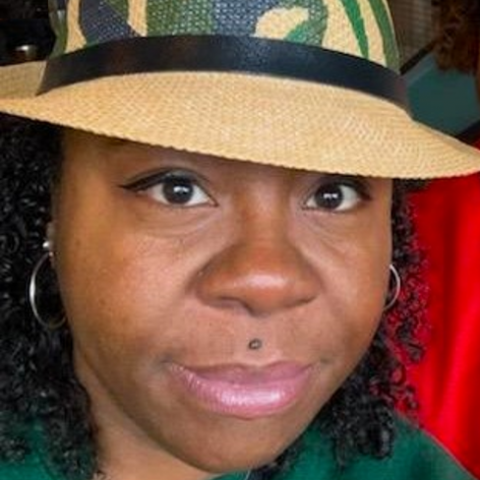
Michelle “Starr” Starling
M.Ed., MA, LPC, ATR-P
“I understood the positive impact of my creative endeavors, long before I had ever heard of art therapy. It wasn’t until I completed my training and worked with different populations that I discovered I had unknowingly started on a path towards becoming an art therapist. Although I did not take the most direct route, I have learned to appreciate all of the personal challenges, professional opportunities and creative lessons I have experienced along the way.”
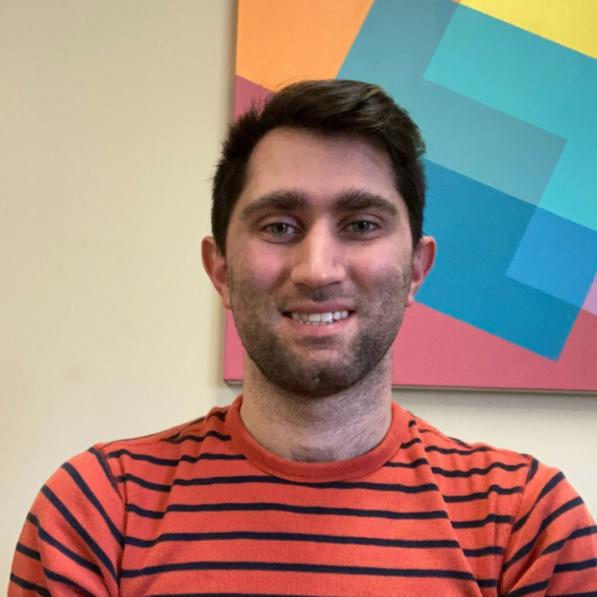
Matthew Chernaskey
MA, ATR
"Social justice issues such as equality for women, BIPOC, and LGBTQIA individuals have impacted my work as a cis-male art therapist. Creating a non-judgmental and safe art therapy space for my clients, educating myself on my client’s cultural identity, and taking on a nuanced view of political and social concerns strengthen my ability to advocate for them."

Bani Malhotra
PhD, ATR-BC
“My adventurous and fulfilling journey in art therapy wouldn’t have been possible without the fantastic mentors I had along the way. I urge the art therapy community to connect and collaborate, and create opportunities to train and learn with the next generation of art therapists.”
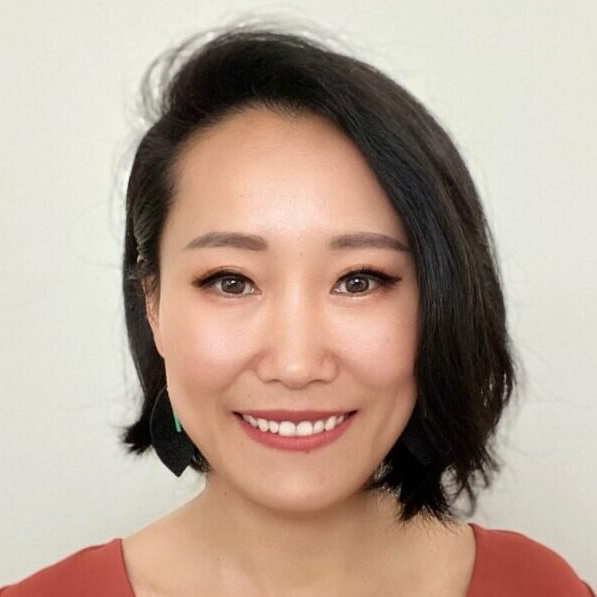
Jie Shen
M.Ed., ATR-P
"Designing and facilitating art as therapy groups or art psychosocial support groups with resettled refugee women and teens in Colorado especially doing virtual programming in the middle of the pandemic, with a language barrier, technical barrier, and limited art supplies, showed me resilience and hope from the people I work with."
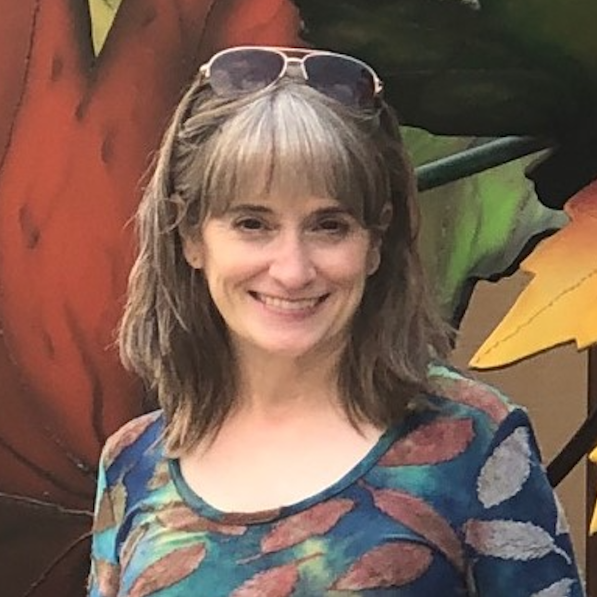
Megan VanMeter
MA, LPC (AZ), LMHC (IN), LPC-AT/S (TX), ATR-BC
"I earned my master’s degree in art therapy from the University of Louisville, where I learned from Expressive Therapies Continuum (ETC) co-creators Vija Lusebrink and Sandra (Kagin) Graves-Alcorn. Their tutelage and supervision as I mastered concepts in the classroom and applied them in clinical settings was invaluable."
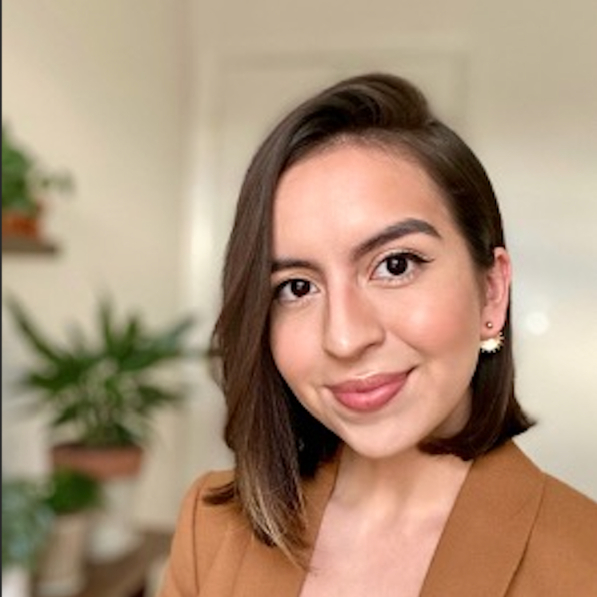
Sonia Castro
MA, ATR, RIC
"Through my continued work with Spanish-speaking clients, a pertinent theme that came to light was the stigmatized view of mental health and therapy.... In understanding that this stigma was pervasive in our community, I adapted my approach and started to carefully address the unspoken hesitations that may have been arising in the therapeutic process."
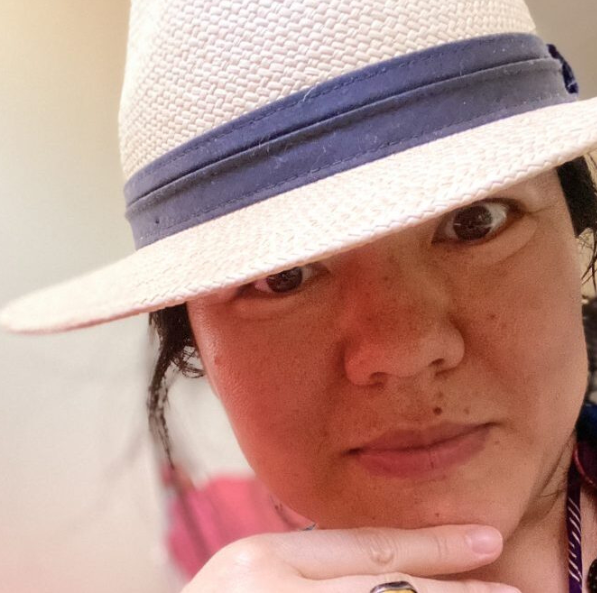
Makiko Harada (Young)
MA., MPS, ATR-BC, LCAT
"Since the beginning of the pandemic, social justice issues have been on my mind with the rise in violence against Asians. As a Tokyo-born art therapist, I am inspired and motivated by the hate to offer lectures and educate the art therapy community on what we can do about it."

Martina E. Efodzi
M.Div., MA, ATR-BC, LCPAT, LCPC, LPC
"If I could offer advice to someone pursuing a career in art therapy, it would be to invest in your own mental health and wellness. Hurt people hurt others, and healed people are most equipped to accompany others on their own healing journeys. I am a therapist who sees a therapist, and it is my number one, non-negotiable, self-care practice; I could not do the work I do without it."
Newsletter Sign-Up
Sign up forArt Therapy Today, the newsletter of the American Art Therapy Association.Art Therapy Today includes blog posts written by AATA members, news articles related to art therapy, and important updates about the profession—curated especially for you.
Homepage credits:
“Family Reunion,” byFranchesca Lastra Vicente. Acrylic on paper. 2012.






